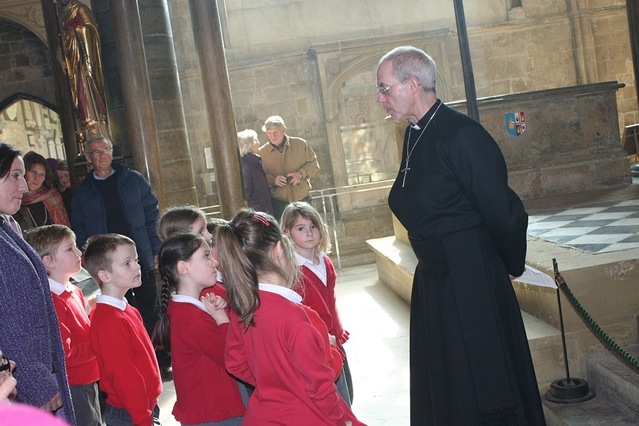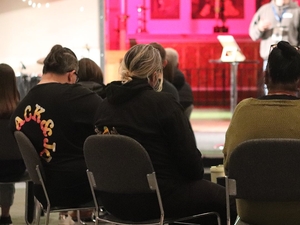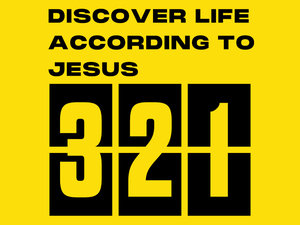
What is Anglicanism?
The Church of England is part of a worldwide fellowship of Christians called the Anglican Communion. This Anglican Communion reaches across 161 different countries and includes over 70 million individual members. Therefore, being an Anglican means much more than belonging to a local parish church: it means joining a vast company of Christians across the whole world.
Anglicans trace their history back to the early Church and to the Bible itself. However, the modern form of the Anglican Church first emerged during the religious reformations of the 16th century, when the Church in England broke its ties with the Pope and the Church of Rome. This led to certain changes in the worship and practice of Christians in England; but many things also stayed the same. The Reformers emphasised that the fundamental beliefs of the Church of England were the same as what had been believed before. This means that Anglicans are not only connected with each other in the present, but also with all other Christian believers, stretching back through history even as far as the disciples of Jesus.
Like most churches, Anglican life is built on the Bible, Baptism and the Eucharist (also known as Holy Communion, the Lord’s Supper or the Mass). By reading, studying and praying with the Bible, we are drawn into the story of God’s relationship with the world. In particular, through the life of Christ we discover the power of God’s self-giving love and forgiveness, and are given strength to share the good news of Jesus through the words and actions of our own lives.
Perhaps the greatest glory of the Anglican Church is the richness and variety of its life. Of course, this can lead to tensions and disagreement; but for the most part it allows individual Anglicans and local churches to celebrate their Christian faith in ways most appropriate to themselves. In England, this means that neighbouring parishes often have a very different atmosphere or ‘flavour’. In one, you may find guitars and drums and a very casual way of dress and behaviour. In another, there may be a much more traditional feel, with candles and incense and special coloured robes for the ministers. Both styles have an important contribution to make, and both are truly Anglican.
Click here for some facts about what the Church of England does, and here for the Church of England’s website.


